- Singapore's government recently raised its goal of net-zero emissions by 2050 as it doesn't have many renewable energy resources
- Keppel has made a final investment decision for the facility and is scheduled to open in June 2026 in the Sakra area of Jurong Island in Singapore at a cost of US$540 million
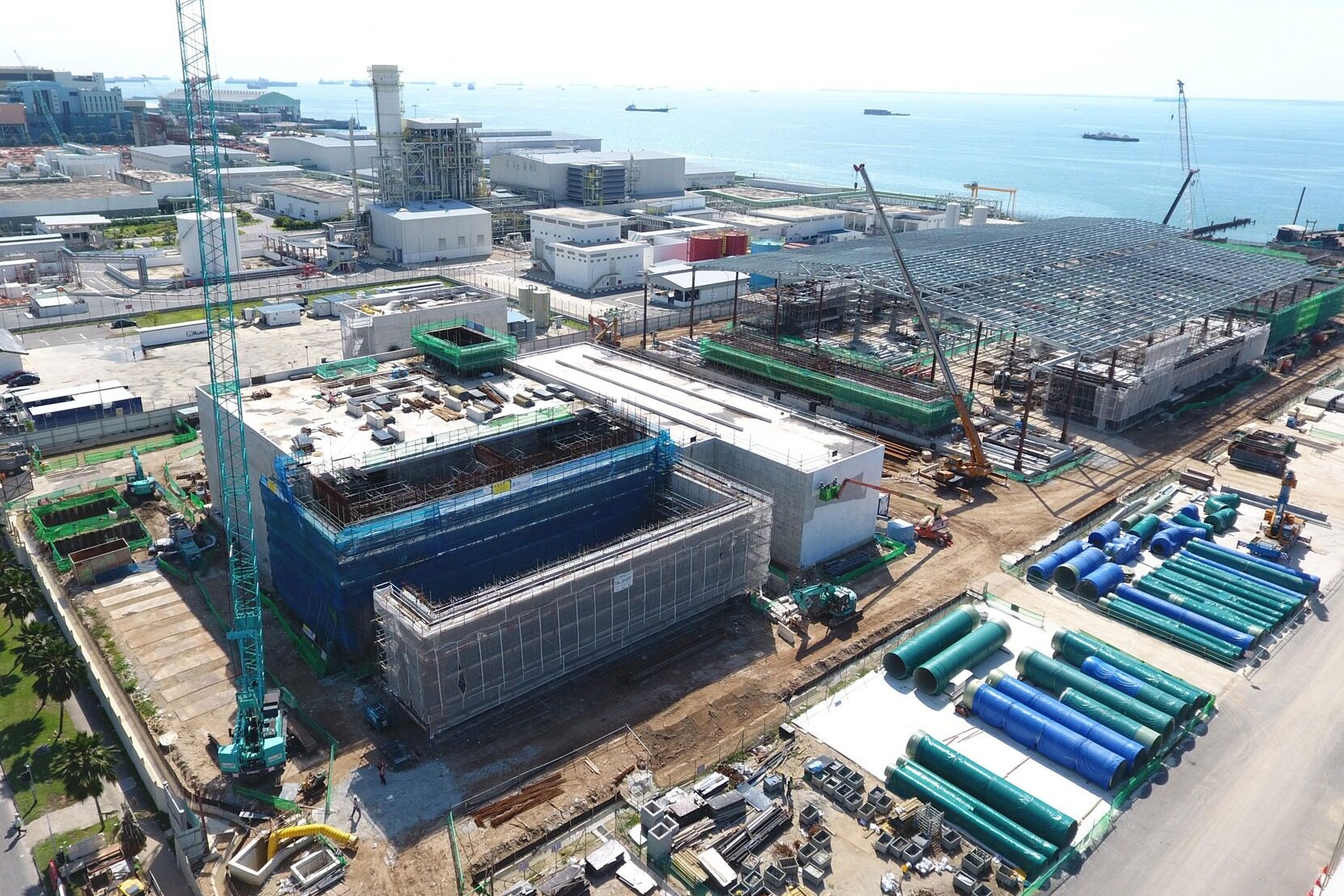
Singapore-based infrastructure conglomerate Keppel has made a final investment decision to build a 600 MW hydrogen-bearing natural gas power plant in Singapore that it claims will one day run on 100% H2, but the company has not said when it intends to switch from CH4 to H2.
Singapore's energy transition
The Singaporean company will initially use 100% natural gas to power the Keppel Shakla combined heat and power plant when it is completed in 2026, but claims the combined cycle plant is also designed to run on 30% hydrogen fuel, with conversion The ability to operate is entirely dependent on hydrogen. However, Keppel has not disclosed any plans to actually use hydrogen at the site, and questions remain as to whether the move will be commercially viable. First, the Mitsubishi JAC series gas turbines installed in the power station can only handle up to 30% hydrogen mixture, so these gas turbines need to be replaced to allow a higher proportion of H2 to be combusted.
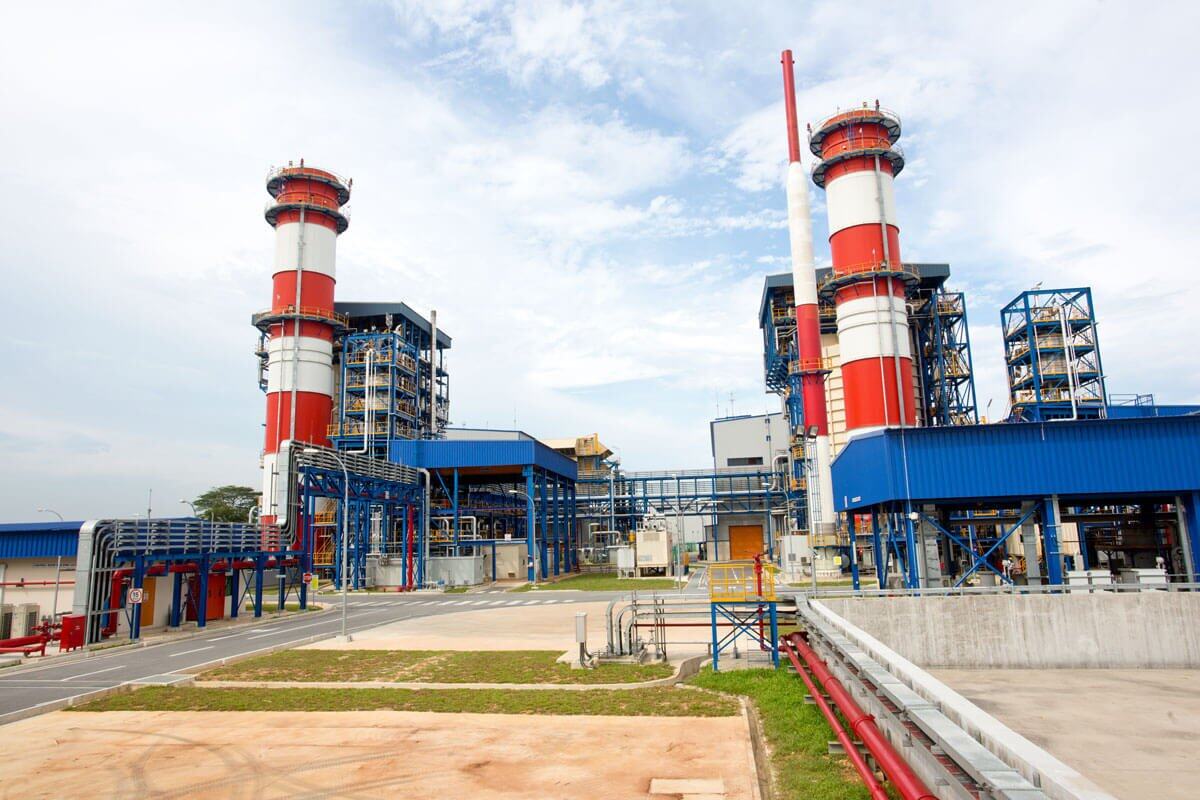
With utility-scale combined cycle gas turbines costing as much as $1 million per megawatt, and possibly higher for 100% hydrogen turbines, such a retrofit seems unlikely anytime soon, especially given the high cost of initial installation Turbines, and the fact that 100% hydrogen turbines are not yet commercialized. Due to hydrogen's lower energy density compared to natural gas, and the large energy losses associated with producing, transporting and storing cleaner fuels, any use of H2 will inevitably result in more expensive electricity.
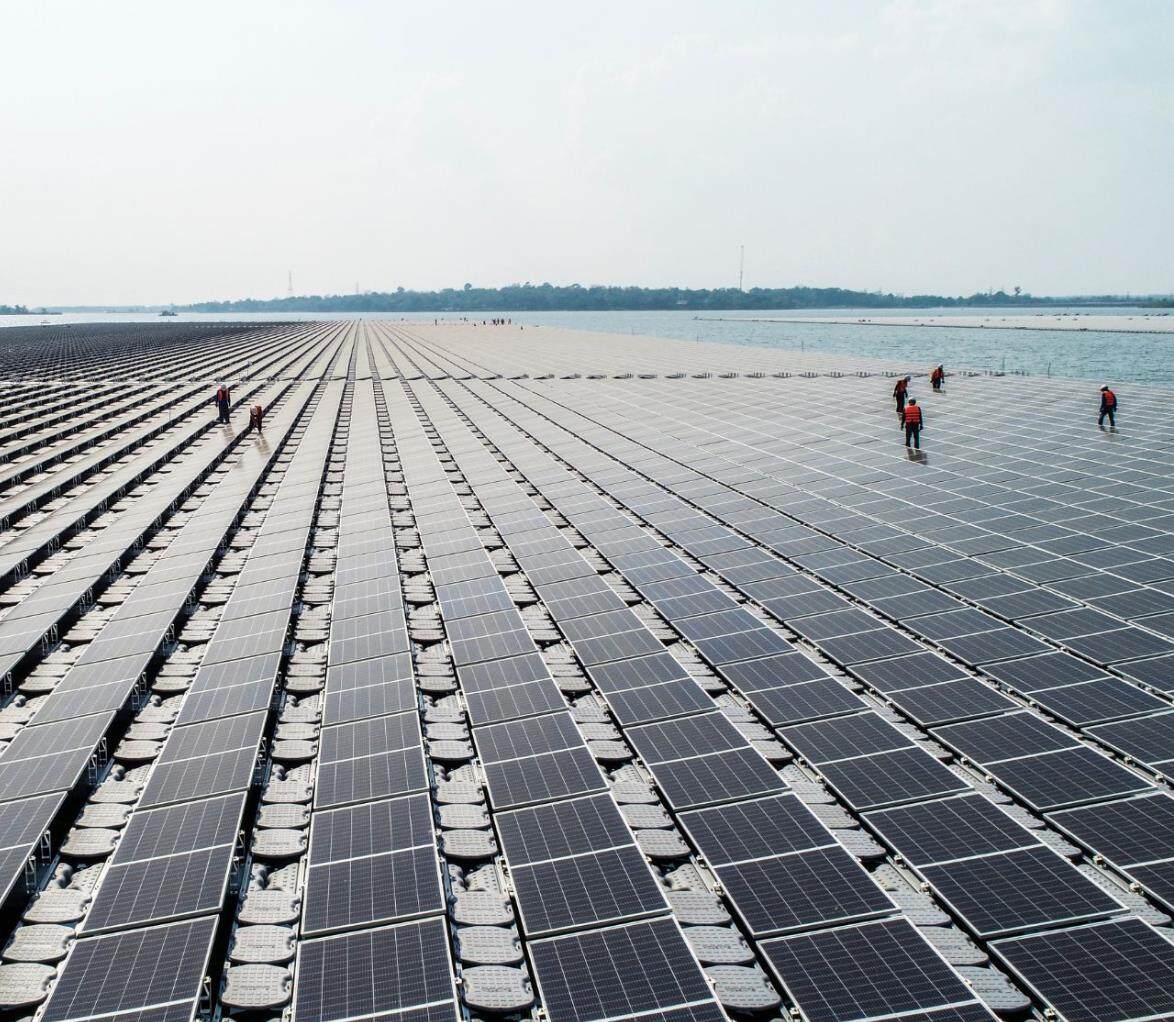
As a result, the use of hydrogen or, indeed, ammonia to generate electricity is expected to be quite limited globally, and in most cases they will be used as peaking stations to supplement the power supply when the wind is not blowing and the sun is not strong. However, the Keppels Sakra power station is a combined-cycle gas turbine facility designed for baseload generation, not the lower-cost open-cycle power plants typically used as peakers.
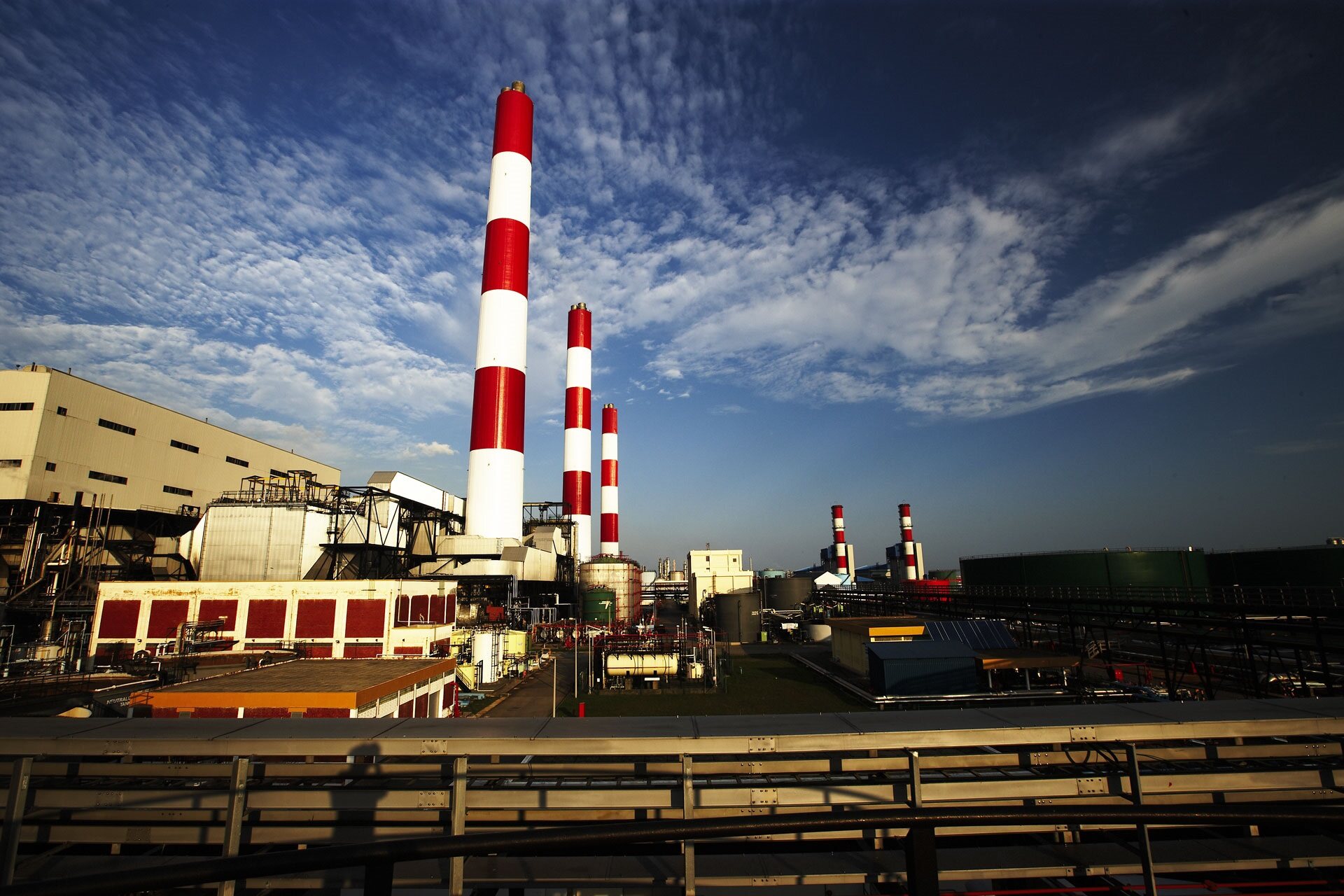
The company has not given any timeline for burning any hydrogen in turbines, how it plans to source the fuel and whether it will be renewable or fossil-derived. At the time of writing, the company was unable to answer Recharge's questions. Building the Singapore plant amid skyrocketing gas prices in Asia, which recently hit their highest levels since Russia began its invasion of Ukraine in March, appear to be rooted in system reliability.
Keppel may be using the hydrogen conversion option in a bid to future proof itself against a rise in Singapore’s carbon tax regime, which is expected to rise to $50-$80 a tonne by 2030, up from $5 today. Separately, Keppel announced that it had signed a memorandum of understanding with Mitsubishi to conduct a feasibility study for the development of a 100% ammonia-fueled power plant at a site in Singapore. This is the second such agreement signed by Mitsubishi in Singapore, with Japanese power giant JERA planned to build a 100% ammonia-fired demonstration power plant in Singapore's Jurong Port in early August. Even so, the streamlined efficiency of the SakraCogen plant will save up to 220,000 tonnes of CO2 per year compared to the average efficiency of power plants in Singapore, Keppel said.Editor/XingWentao
Comment
 Praise
Praise
 Collect
Collect
 Comment
Comment
 Search
Search


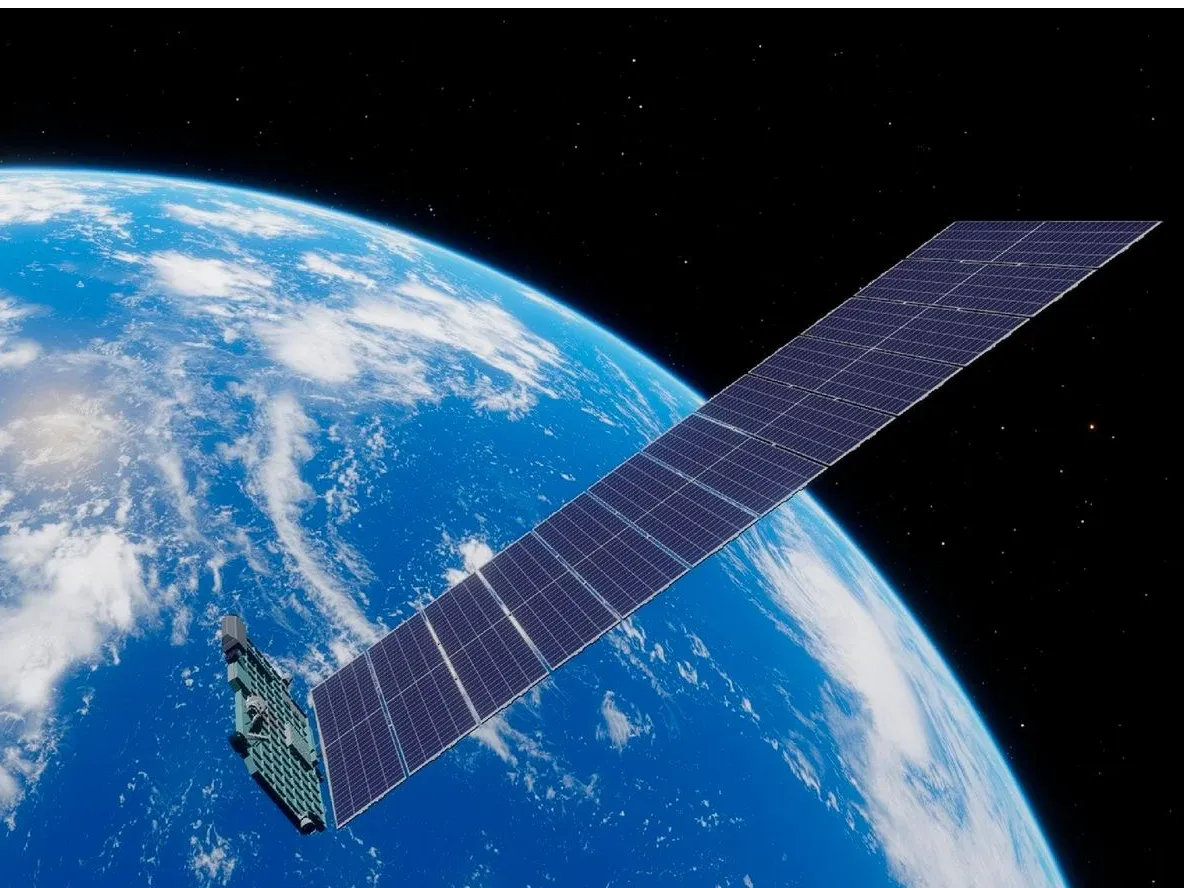
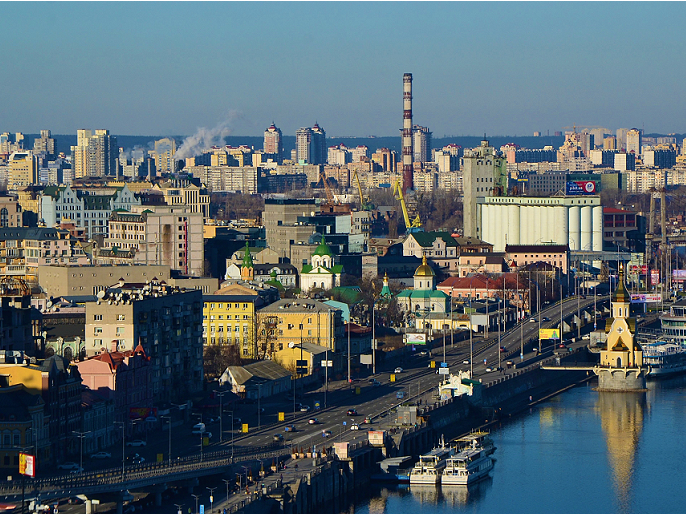
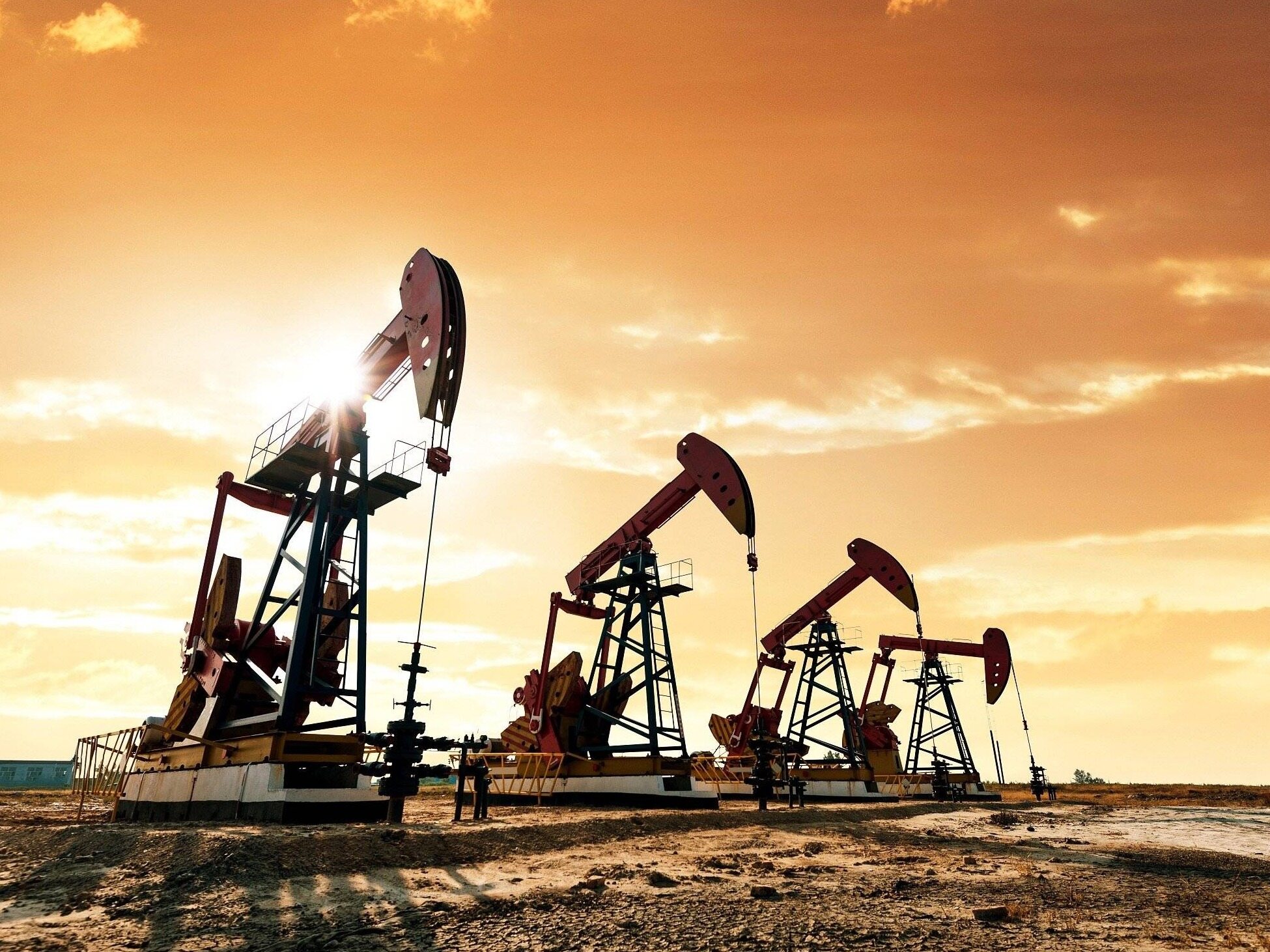
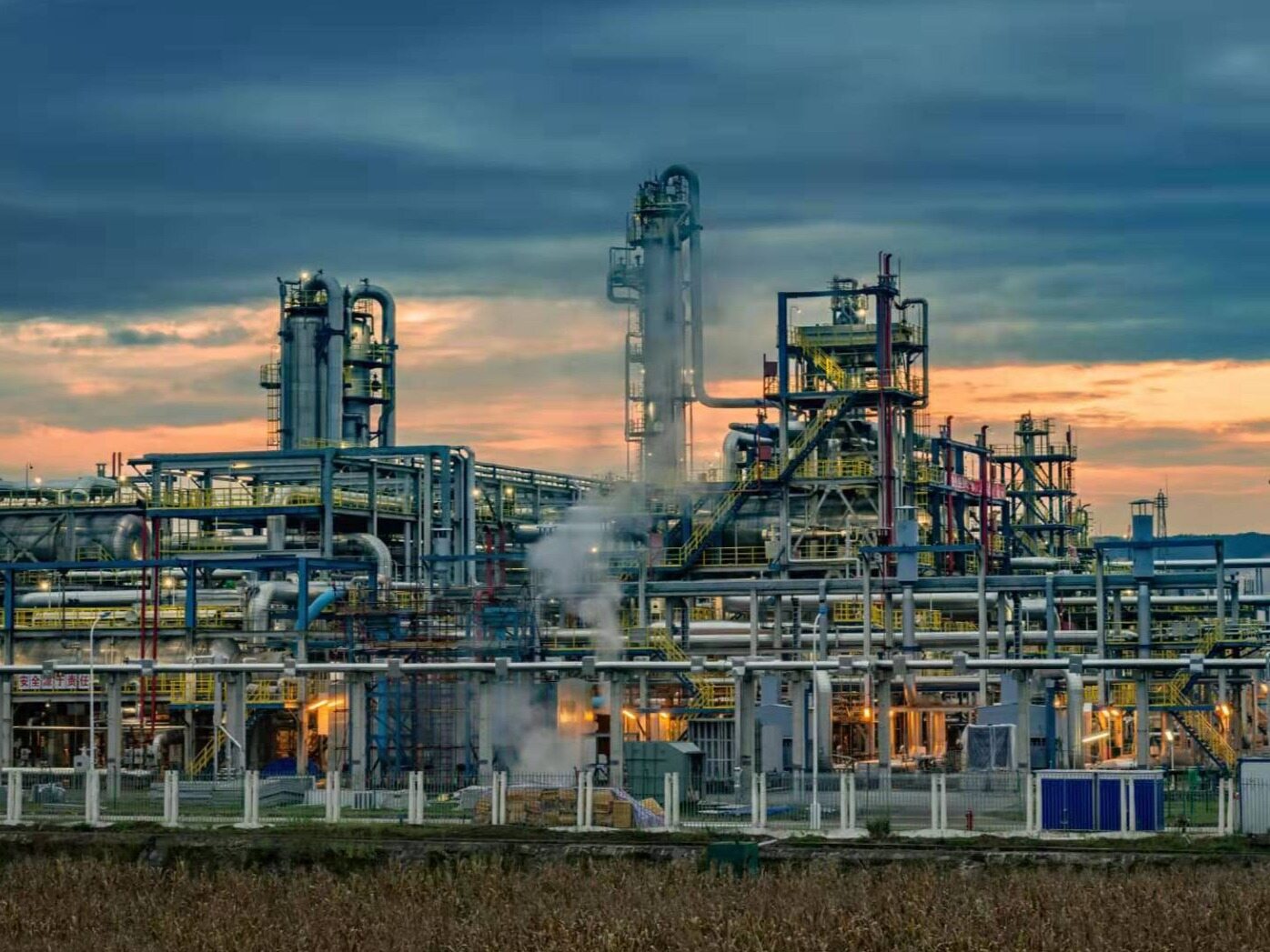
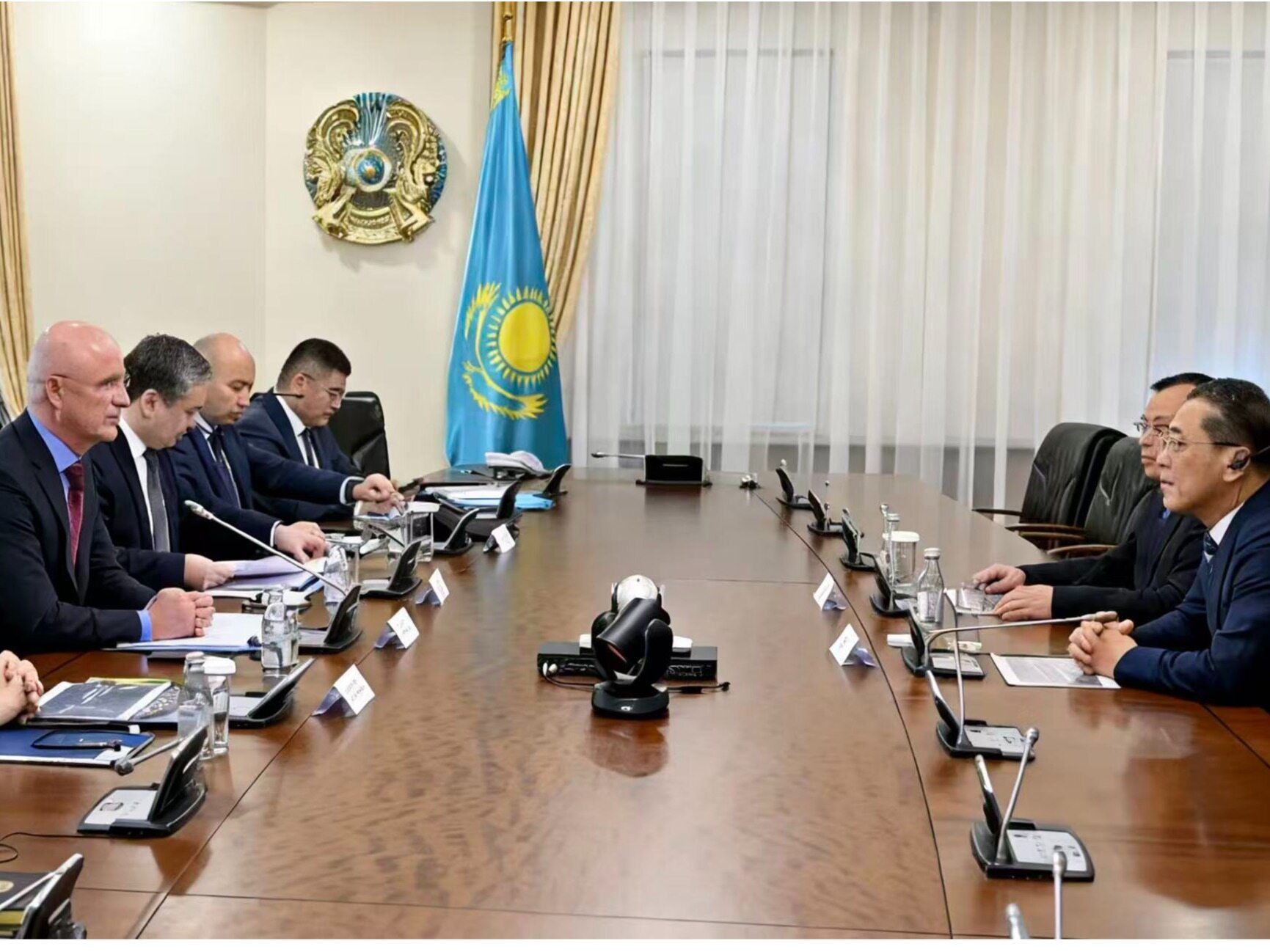
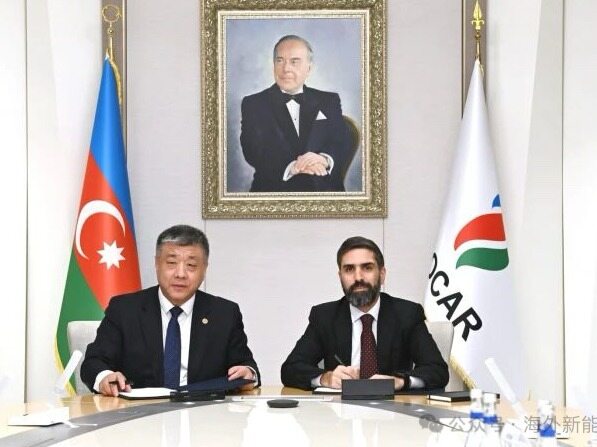






Write something~